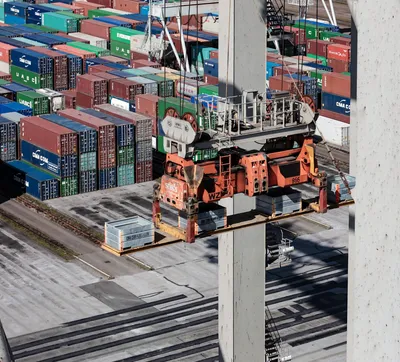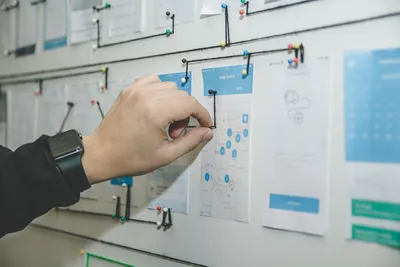Introduction
Running a small business comes with unique challenges, especially when it comes to logistics. Efficiently managing distribution processes, keeping costs low, and ensuring timely deliveries are critical to sustaining your business. In this article, we will explore cost-effective logistics strategies that can help small businesses streamline their operations and boost their bottom line.
Understanding Your Logistics Needs
Before diving into specific strategies, it is vital to understand your logistical requirements. Analyze your current processes, identify bottlenecks, and set clear goals. This assessment will guide the implementation of effective solutions.
Inventory Management
One of the foundational aspects of logistics is inventory management. Efficiently tracking your inventory ensures you have the right products at the right time, reducing both overstock and stockouts. Choose reliable inventory management software suitable for small businesses, which can help automate tracking and provide real-time updates.
Order Fulfillment Optimization
Streamlining order fulfillment processes is crucial. Consider adopting a First-In, First-Out (FIFO) system to maintain product freshness, especially for perishable goods. Batch processing and automating repetitive tasks can speed up order processing, ensuring quicker deliveries and improved customer satisfaction.
Transportation Strategies
Optimizing Shipping Routes
Optimizing shipping routes can significantly reduce costs. Use route optimization software to identify the most efficient paths, thereby saving fuel and reducing transit time. Consolidating shipments wherever possible also contributes to cost-effectiveness.
Partnering with Third-Party Logistics Providers (3PLs)
Many small businesses find partnering with 3PLs to be beneficial. 3PLs offer scalable solutions tailored to your business needs, handling warehousing, transportation, and even fulfillment. This partnership can lead to better resource management and cost savings.
Leveraging Technology
Adoption of Warehouse Management Systems (WMS)
A robust WMS can automate many aspects of warehouse operations, from inventory tracking to order picking. This reduces manual labor costs and improves accuracy, leading to more efficient logistics processes.
Embracing Internet of Things (IoT)
IoT devices provide real-time data and insights. For instance, sensors on delivery trucks can monitor temperature, location, and other critical factors. Leveraging IoT can enhance visibility into your logistics operations, leading to proactive problem-solving and cost savings.
Conclusion
Adopting these cost-effective logistics strategies can transform your small business's distribution processes. By understanding your needs, optimizing inventory management, refining order fulfillment, and harnessing the power of technology, you can achieve a streamlined, efficient, and cost-effective logistics operation.
Remember, continuous evaluation and adaptation of strategies will keep your logistics operations aligned with your business goals, ensuring sustained growth and customer satisfaction.
Top Business Guides
Discover our most popular business guides, highly recommended by our readers for their valuable insights and expert advice.

Crafting Compelling Content That Captures and Converts

Maximizing Efficiency with Advanced Supply Chain Management

Strategies for Optimizing Your Business Workflow

